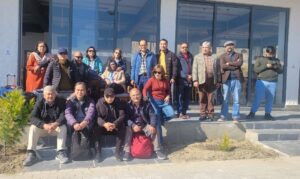The Stairway to Bagdwar
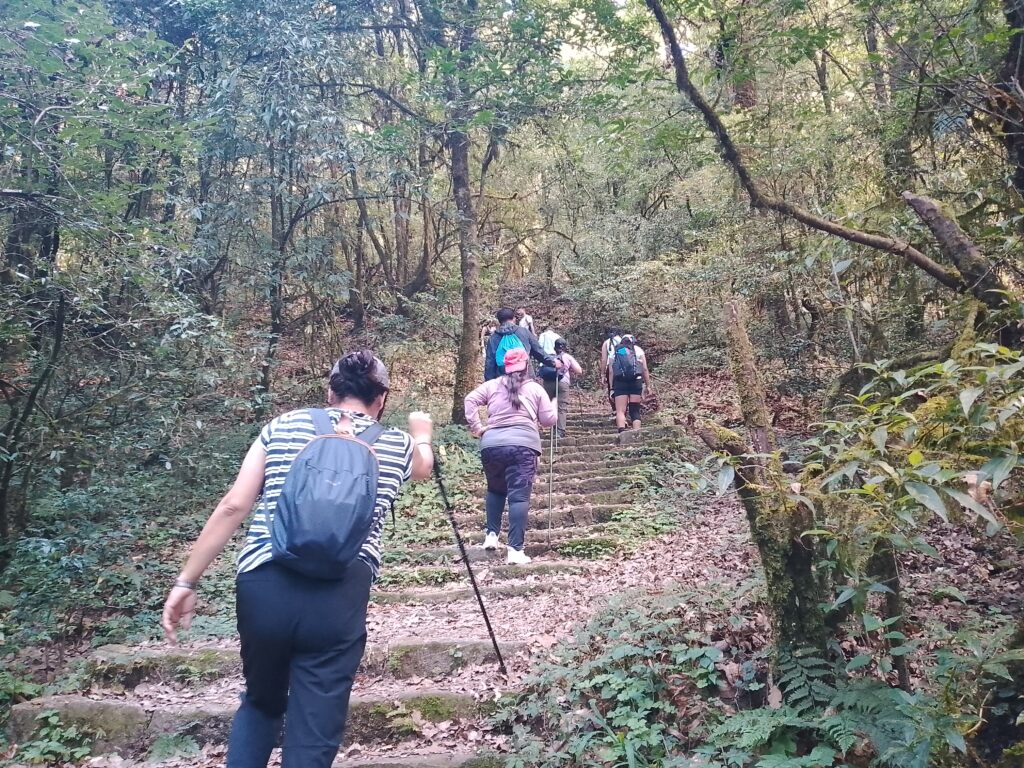
The forest has a way of holding its breath, like it’s waiting for something to happen. In that quiet pause in Shivapuri Nagarjun National Park, everything went still. My hand flew up; my finger jabbed toward a gap in the trees, my voice low and buzzing with excitement.
“Hey, look over there, a deer!”
Every head whipped around. There it was a lone deer, like something out of a whispered legend, grazing on emerald grass as if the rest of the world didn’t exist. My heart pounded like a drum against my ribs, giving away the calm I tried to project. I’d hiked these trails a so many times, but this? This was new.
A gift.
My hands scrambled for my phone, snapping photos and a shaky video, trying to trap the moment before it slipped away. The deer, completely unbothered by our staring, kept munching, the picture of cool, serene indifference.
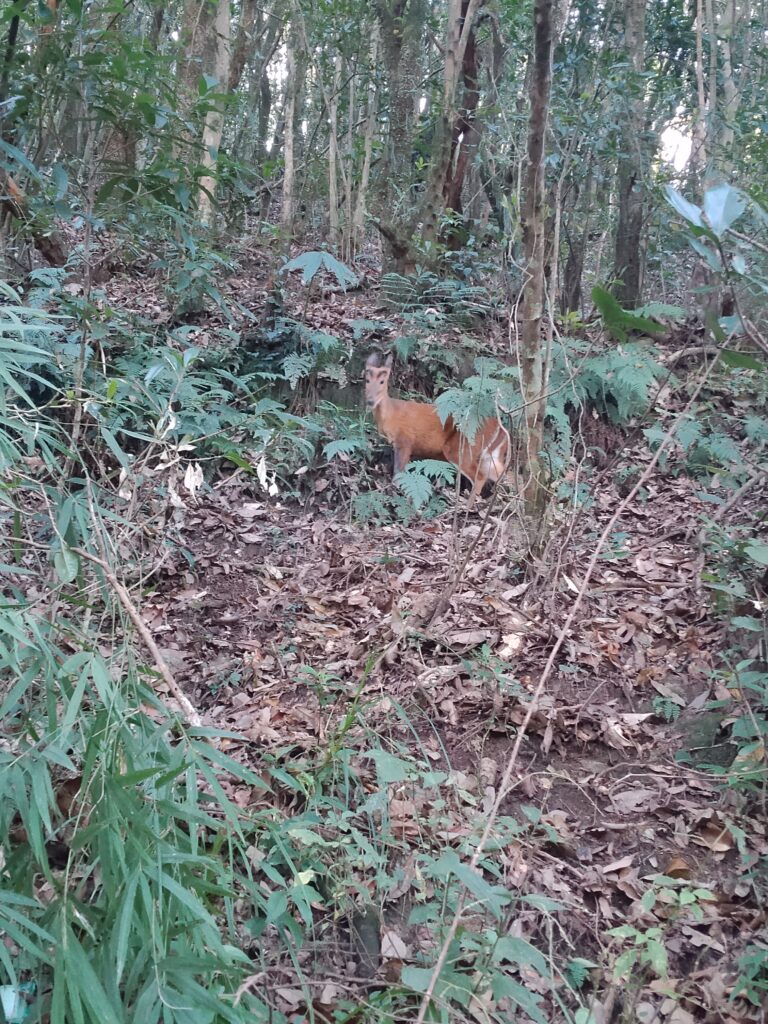
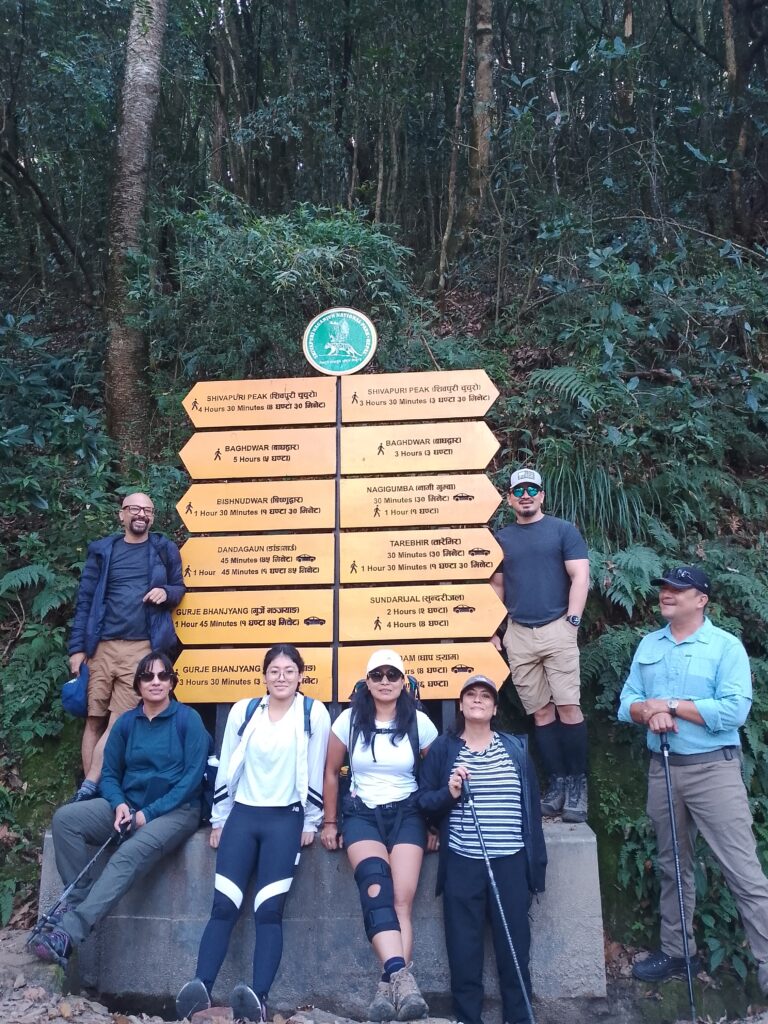
This entire adventure had been a spontaneous spark. A few days earlier, my cousin, Dr. Sandhya, had insisted I join her and her family for a hike during her brief visit to Nepal. I jumped at the chance and set our adventure for Saturday, picking Shivapuri Nagarjun National Park; a hiker’s paradise where trails can be tailored to any schedule or fitness level.
By Saturday morning, we were a band of seven gathered at the Shivapuri gate: my maternal cousins Paras, Barsha, Dr. Bijaya, Dr. Sandhya, Sushma, Mimi, and me. The air buzzed with anticipation, a stark contrast to the park’s silent, waiting presence.
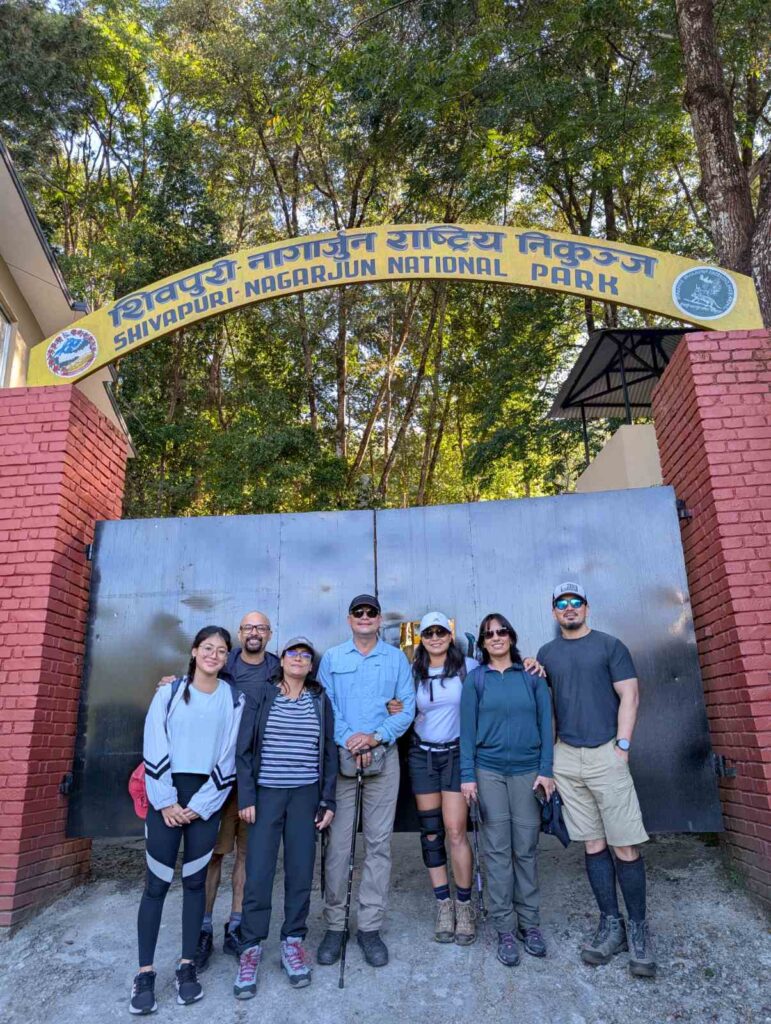
I remembered telling Paras how, twenty years ago, I could rally my best friends with a single call. But time, as the Nepali saying goes, turns too much sugar bitter(“चिनी धेरै खायो भने तीतो हुन्छ”). Lately, a Thursday call would be met with a preemptive, “Gau, I’m busy this Saturday, okay!” My nearest and dearest call me Gau, and Paras, with a knowing grin, had promised that next time, the invitation would come from him.
After the formalities at the ticket counter and a brisk bag check by army personnel, we crossed the threshold. The park swallowed us whole, and the rhythmic, steep climb began. The serene silence was not empty; it was full the hum of insects, the endless melody of birds, the crunch of gravel underfoot. We stuck to the motorable road for twenty-five minutes before our collective craving for adventure pulled us onto a narrower shortcut cutting up the hillside.
“Paras, I don’t think I can handle this shortcut,” Barsha confessed, her voice laced with doubt.
Paras flashed her an encouraging grin. “You’ve got this, Barsha. It looks tough, but it’s not. Keep going!”
His faith was a tangible thing, pushing us forward. And it was on this path that we encountered the deer. As we huddled to admire the photo I’d taken, Sandhya, with a mischievous glint in her eye, pointed and said, “Oi, this deer needs a beautician to thread those wild, bushy eyebrows!”
We burst into giggles. Later, watching the video, the deer’s quirky, jerky movements made it look like some hilarious crossbreed; part graceful wild thing, part goofy domestic dog. Our laughter echoed, turning a moment of simple observation into one of pure, shared fun.
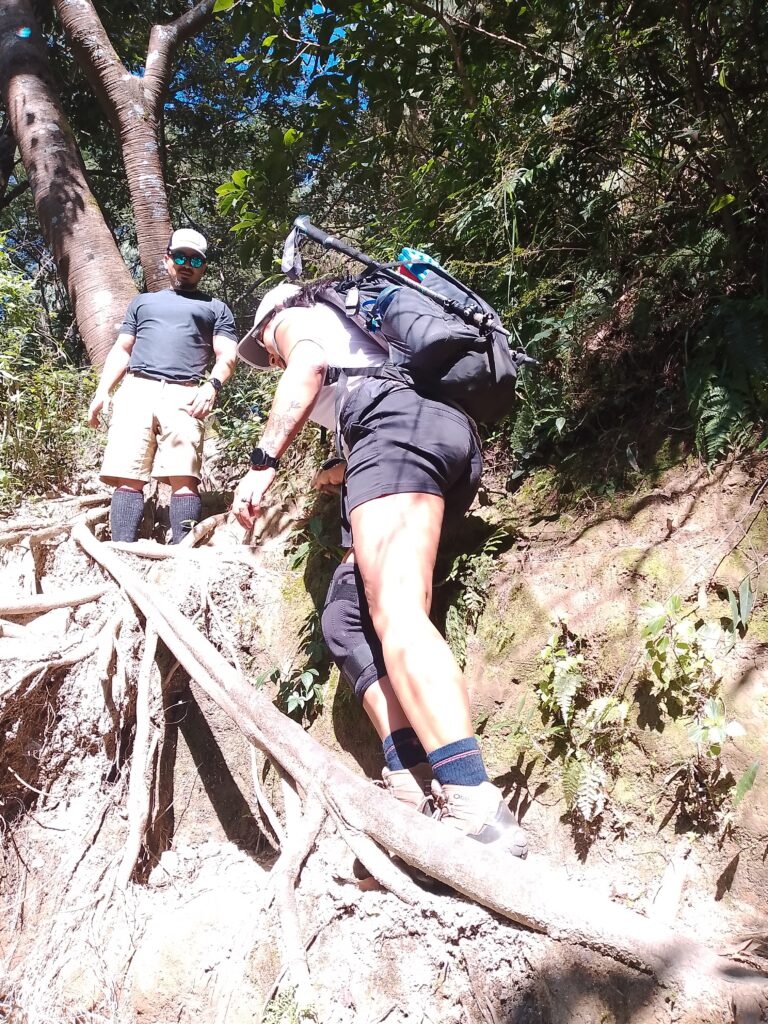
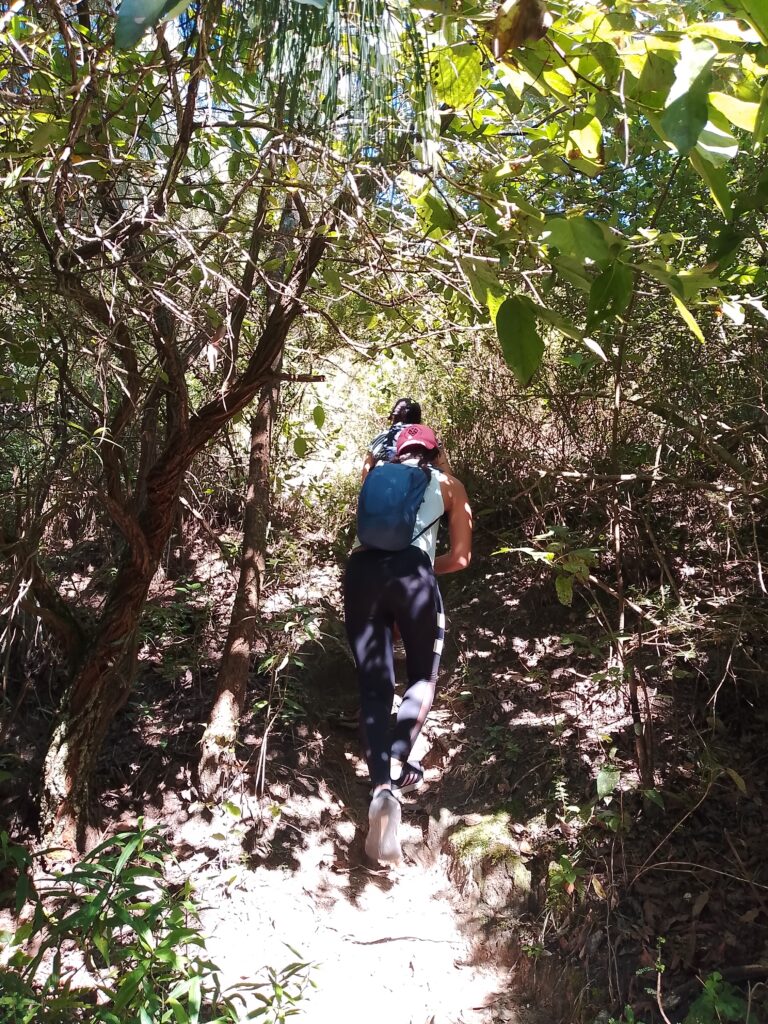
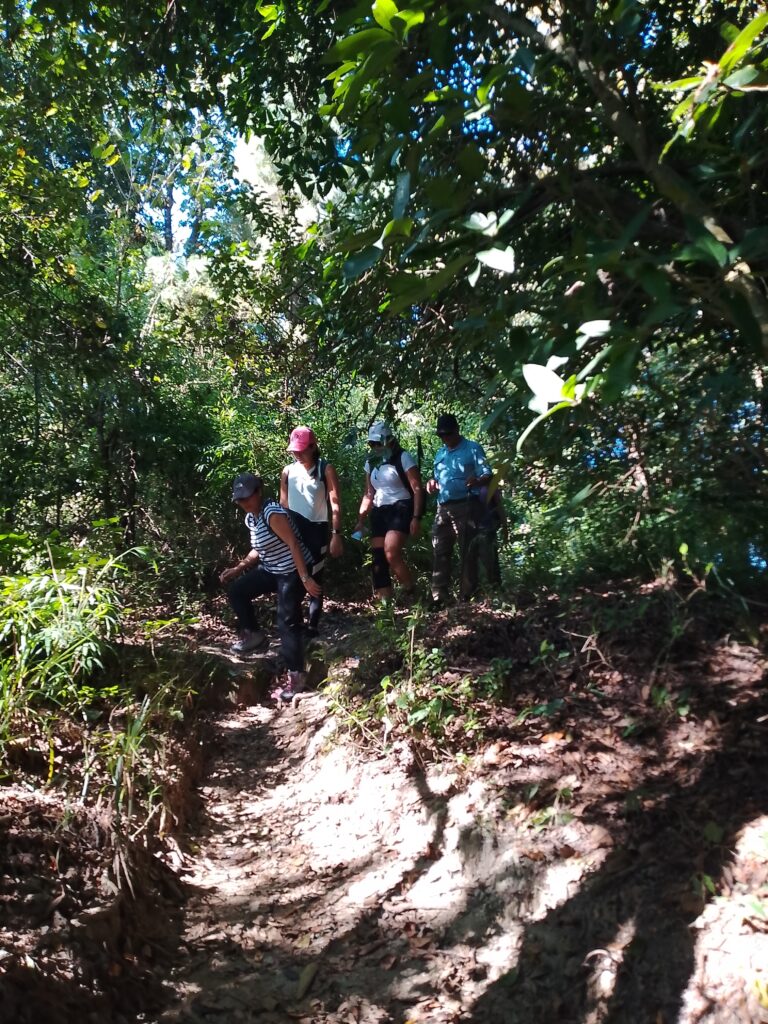
The silence of the forest hummed through the undergrowth, a wild, whispering call to the unknown, but our adventure kicked off not with soft feathers but with rugged stone: the steep, endless stairs of the Bagdwar trail, each step a test of our grit, like chasing the fleeting notes of a bansuriko melody played by Pandit Hari Prasad Chaurasia.
Bijay, puffing slightly, turned to me. “Gautam, why do they build these stairs on trails? They’re brutal to climb, and making them must cost a fortune!”
I grinned, catching my breath. “These days, you’ll find stairs on every hiking trail. Someone’s probably making a pretty penny building them where they’re barely needed!”
“Why, though? Who’s cashing in on all this?” Sandhya chuckled.
“Local contractors, maybe,” I said with a wink. “More stairs, more profit!”
Barsha, lagging behind, groaned, “These steps are killing me. I’m taking it slow.”
“You’ve got this, Barsha! One step at a time!” Paras called back, his thumbs-up a small beacon of encouragement.
The trail unfolded as a true “Stairway to Heaven,” a relentless metaphor for our climb toward the sacred source of the Bagmati River. Our backpacks, stuffed with Wai Wai, chips, and water, felt heavier with every step, a stark contrast to Paras, Bijay, and Mimi, who strolled light and free, unburdened by snacks.
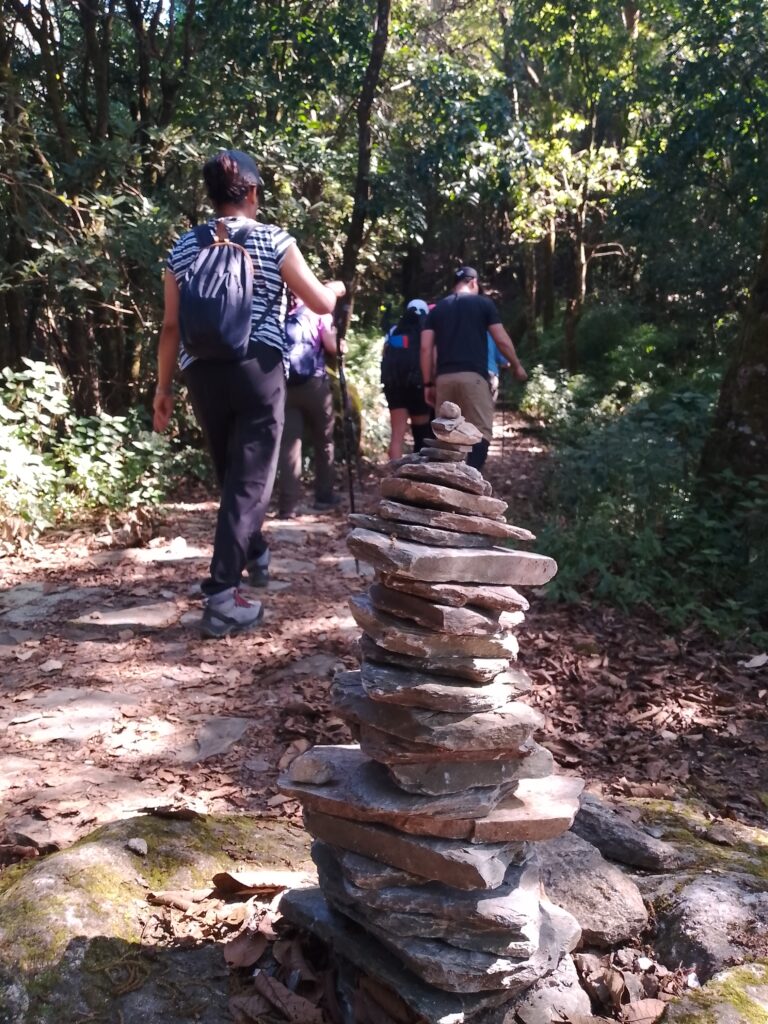
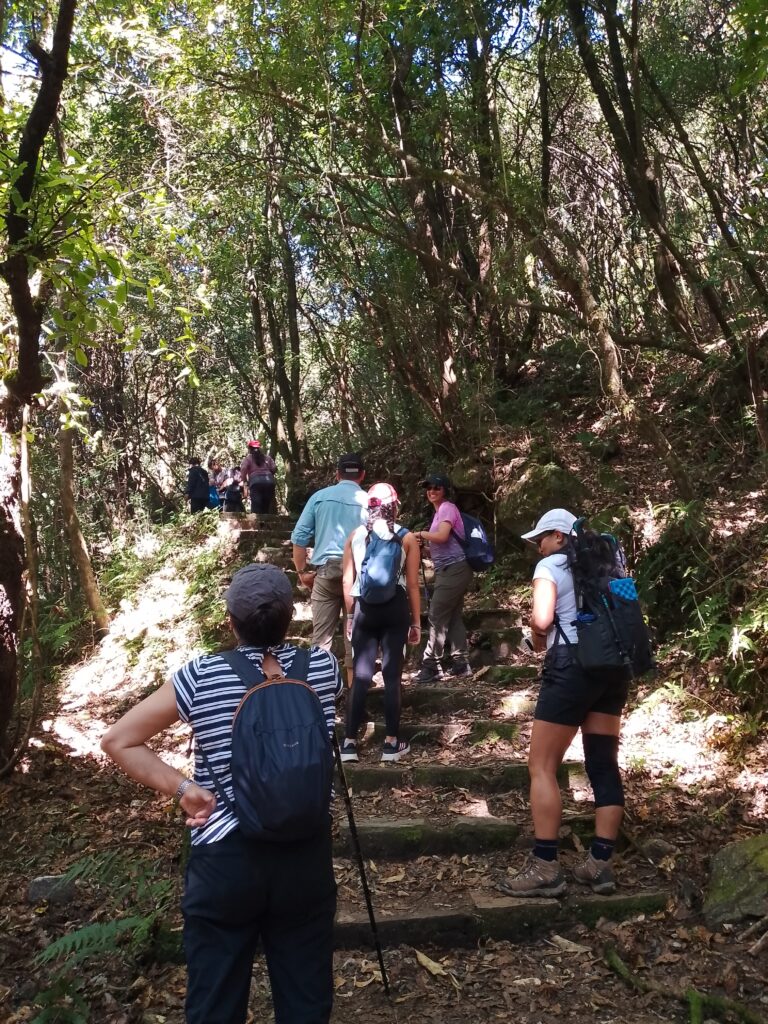
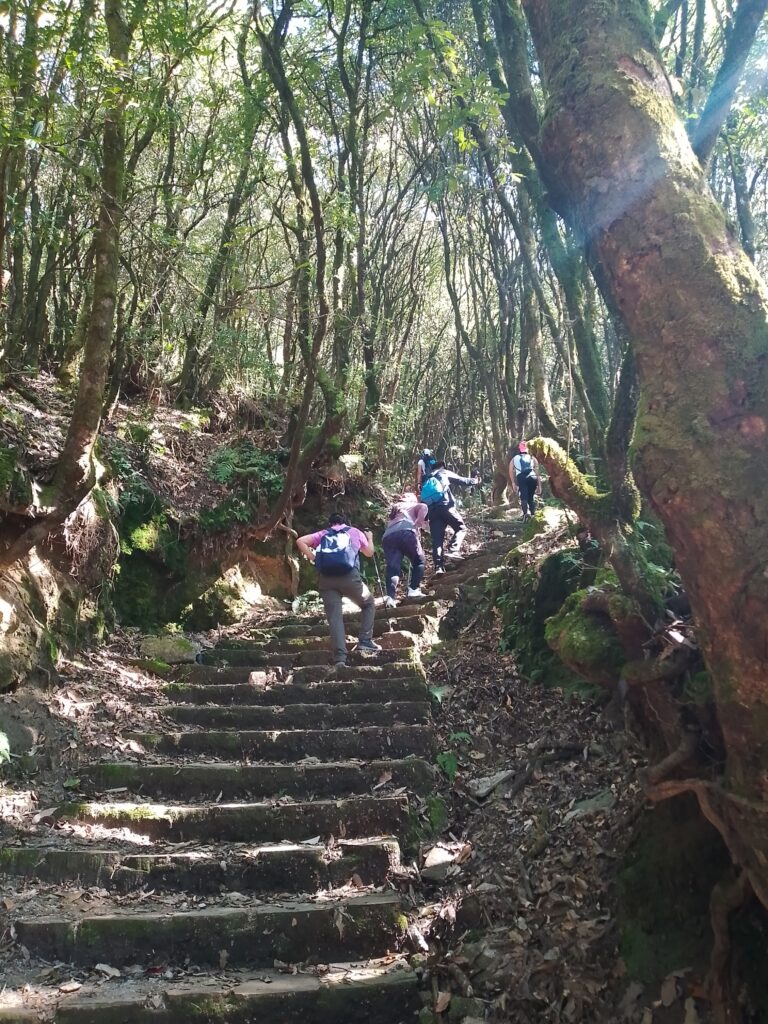
During a brief respite, I leaned toward Sandhya. “You know, hiking with your dad was always a wild ride. He’d pick destinations on a whim! A few years back, we cycled uphill from dawn to dusk. I was wrecked. Total torture.”
Sandhya burst out laughing, nearly choking on a chip. “Oh, brother, I’ve been there! Dad dragged me on a cycling trip once. His mood set the pace, and I was just trying to keep up. No mercy!”
“Exactly!” I grinned. “But you know, my love for hiking started with him.”
Our conversation was a thread connecting past to present, a story shared on the ascent. Bijay, the silent powerhouse, had sped ahead and vanished. After three grueling hours, the rest of us reached Bagdwar, triumphant and weary. The triumph was short-lived.
“Bang!”
Sandhya slipped on a treacherous part of the trail, landing hard.
“Are you okay?” we chorused, our concern immediate.
“Yeah, I’m fine,” she replied, brushing herself off.
The irony wasn’t lost on me. At the ticket counter, I had noticed the colorful mats in her bag. “For sitting,” she’d explained, “so my clothes don’t get dirty.” Now, her clothes and bag were undoubtedly the dirtiest of all ours.
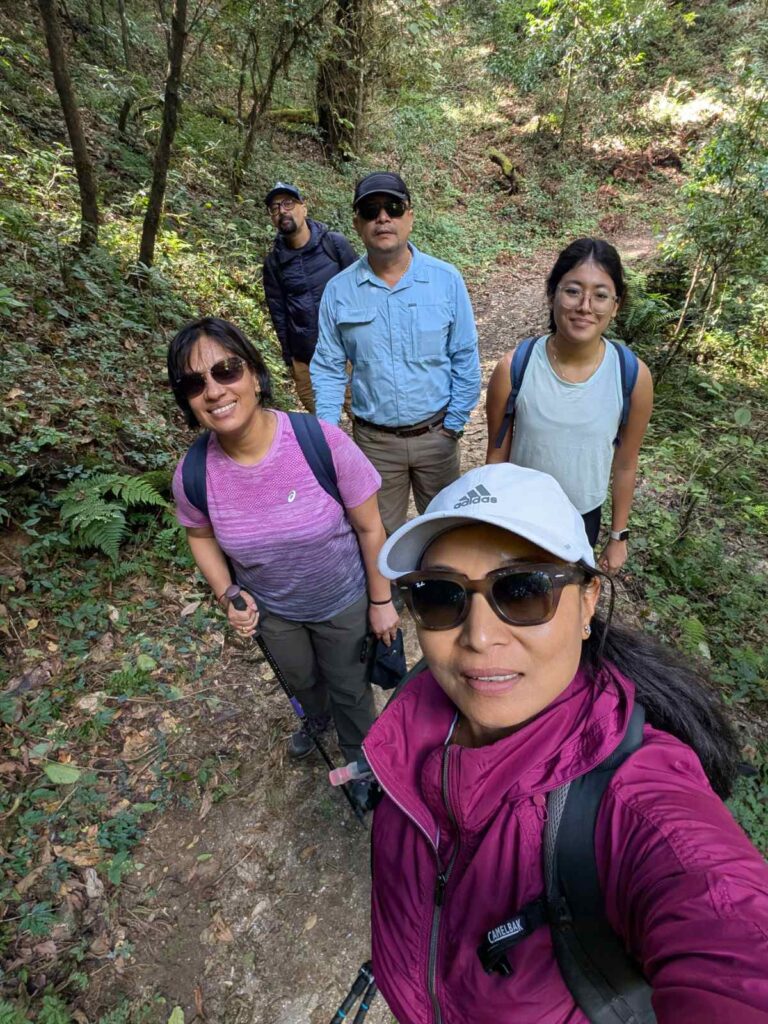
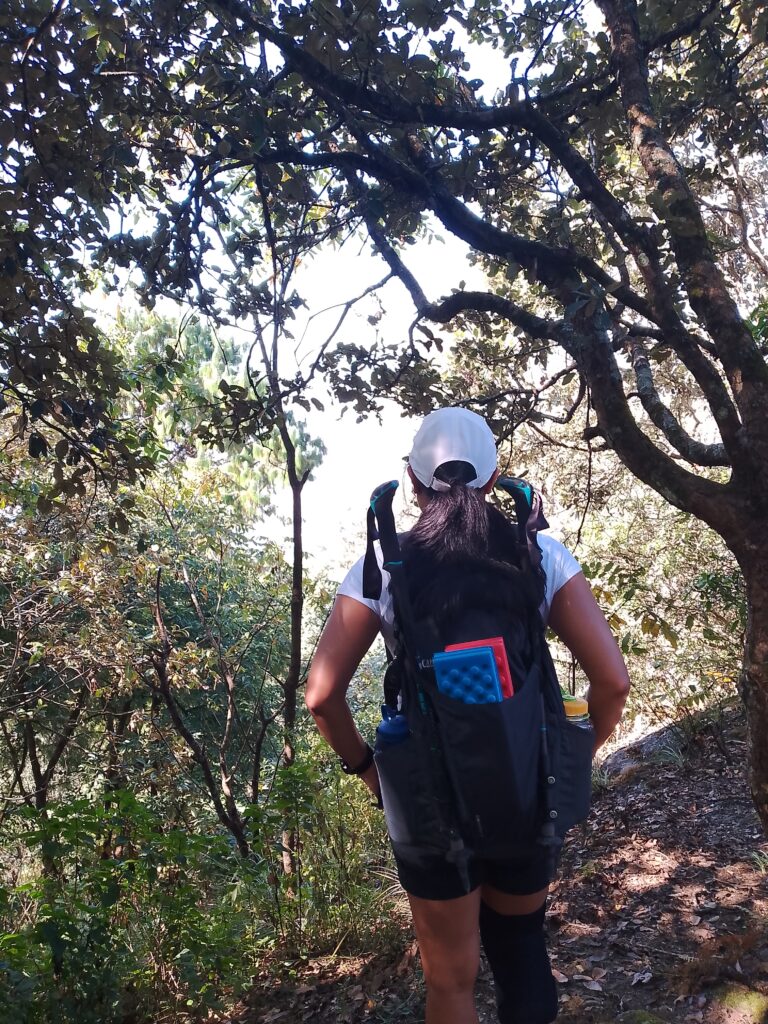
Starving, we fell upon our junk food feast; chips, Wai Wai, fruits, etc. At home, we would lecture our children against such junk food, but no Nepali hike is complete without the ritualistic consumption of Wai Wai. As we munched through five packets, we chuckled, “Let’s make Binod Chaudhary, Nepal’s only billionaire, even richer!”
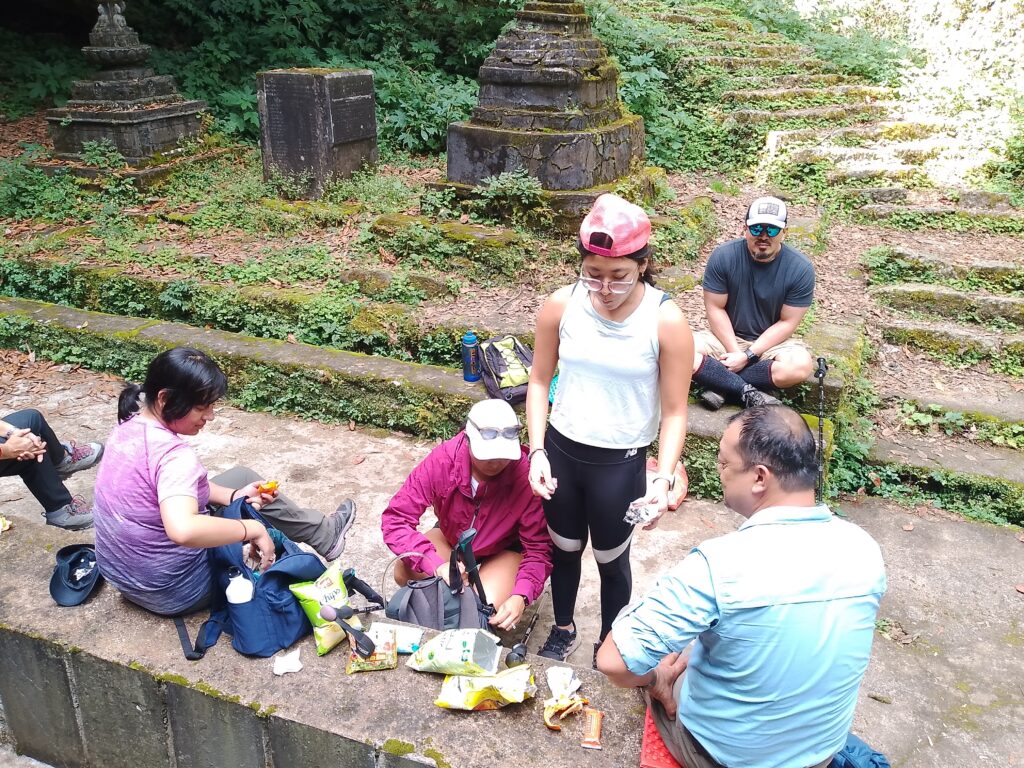
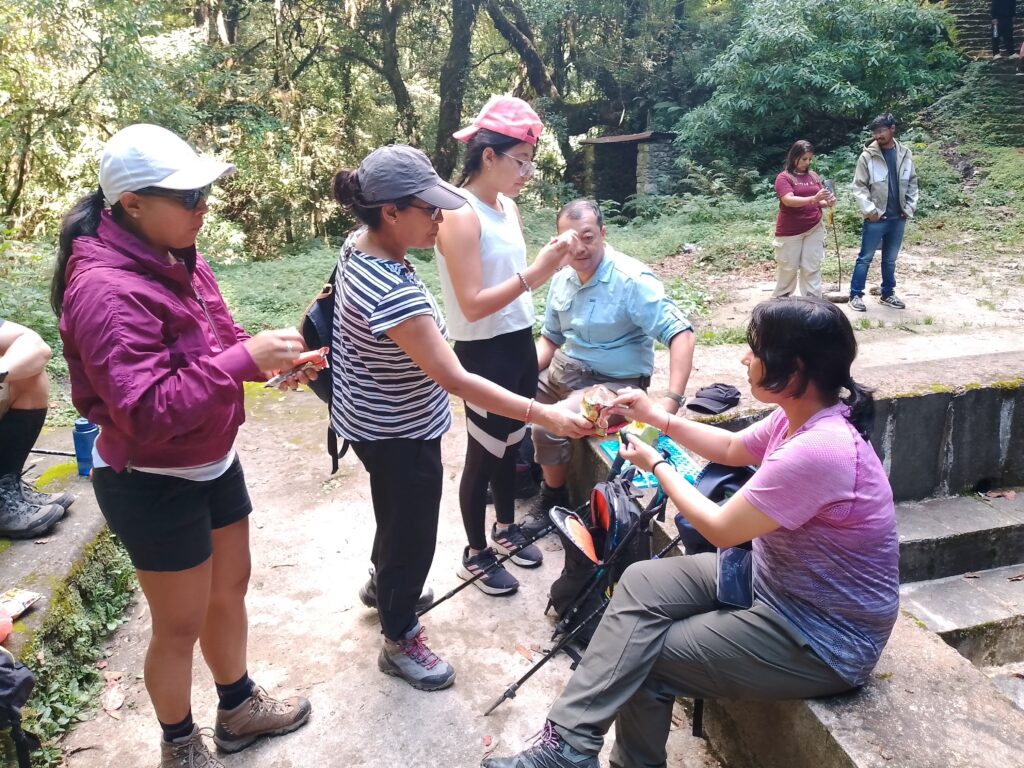
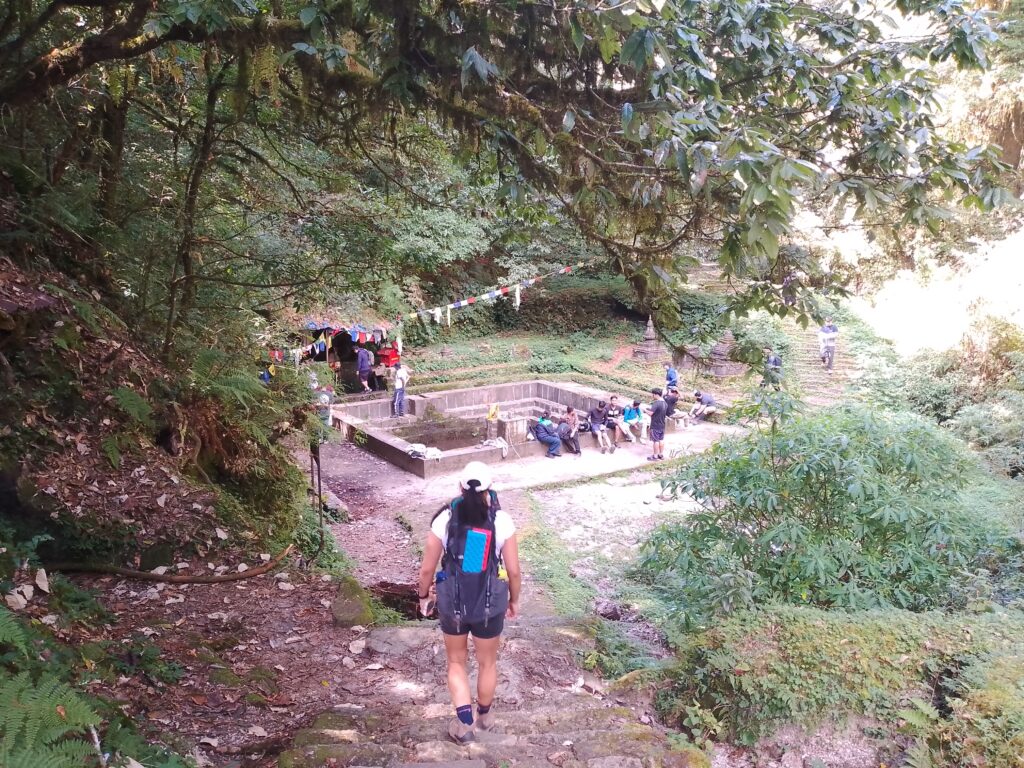
We washed our faces and drank from the sacred source of the Bagmati, the water cold and purifying on our throats. Resolved not to retrace our steps, we chose the return path via Nagi Gumba. This trail was a kinder descent, a gentle downhill slope free of the punishing stone steps. The three-hour return journey was a time for reflection and quieter observation. I noticed Mimi’s quiet demeanor and asked her parents, Paras and Barsha, “Is she the same at home and with friends?”
They smiled. “She talks less, but while with her sister, she talks lots.”
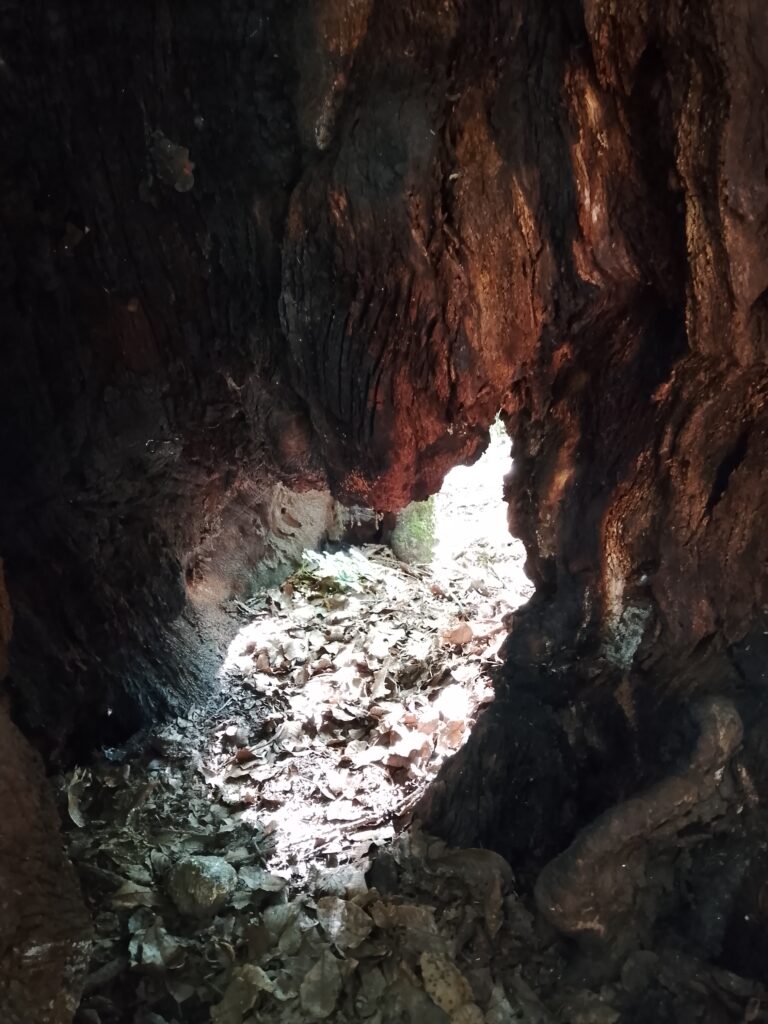
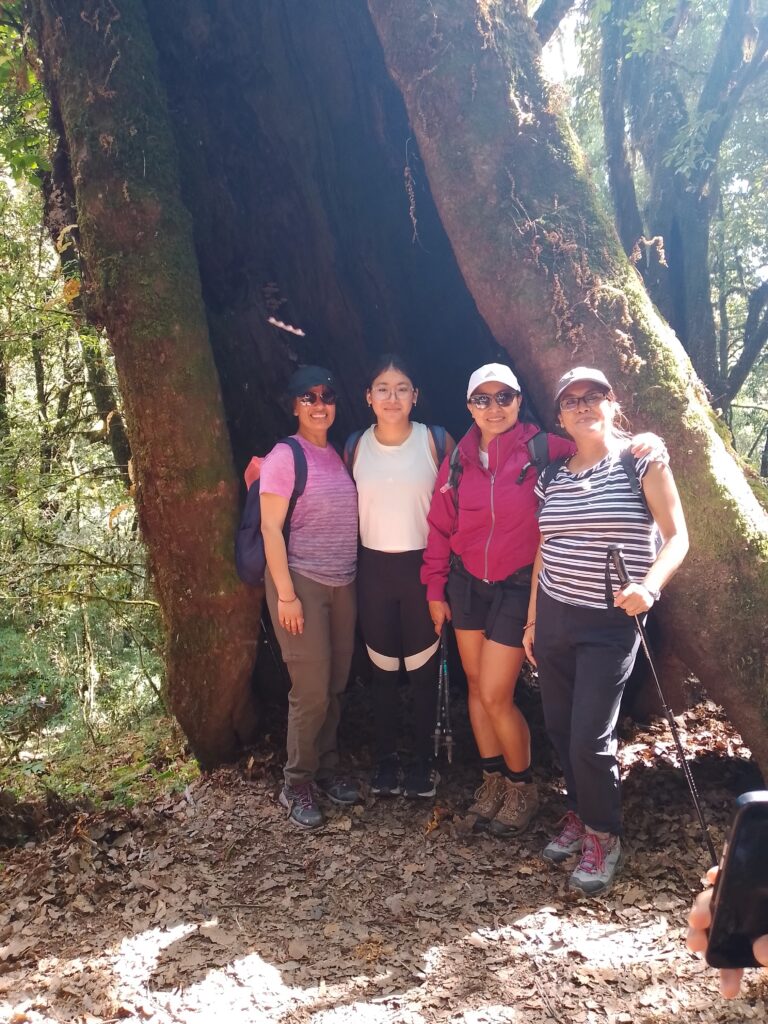
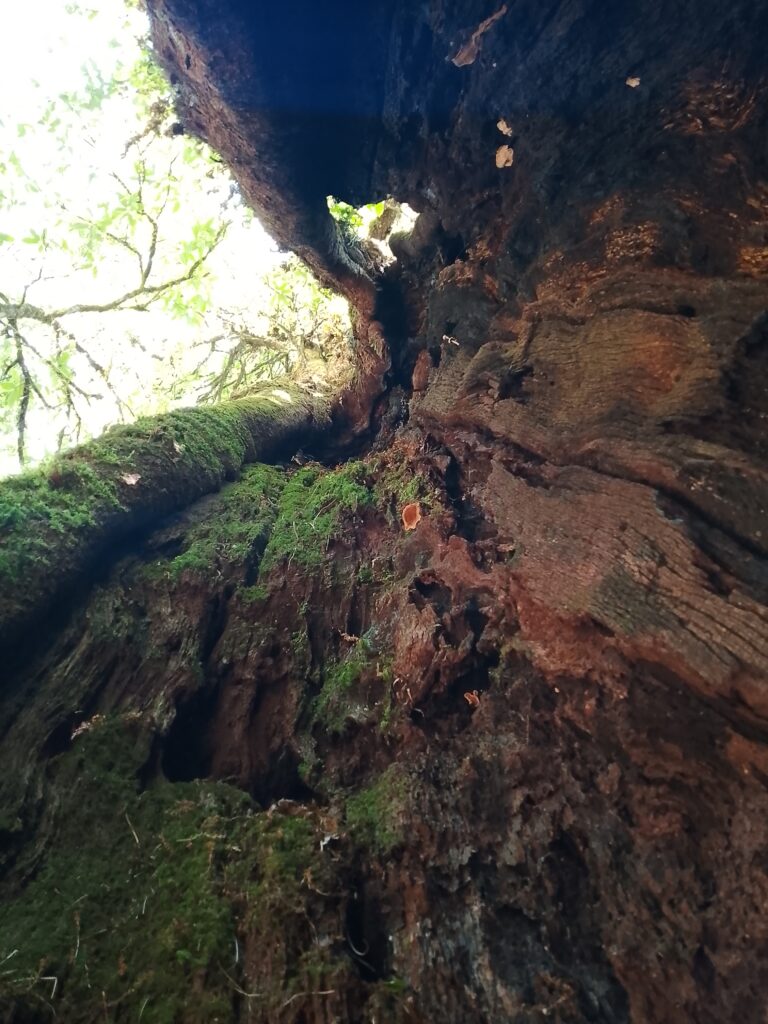
Six hours together, bound by shared struggle and laughter, and we ended our hike not with exhaustion, but with plans. The conversation drifted to the notes of an EBC trek in 2027. A few agreed, the seed of a new adventure already planted.
Our journey concluded not in the wild, but in the warm, savory reality of a restaurant, our hunger finally satiated with hot Katti rolls. The bansuriko melody had faded, but the echo of his song remained, a promise of trails yet to come.
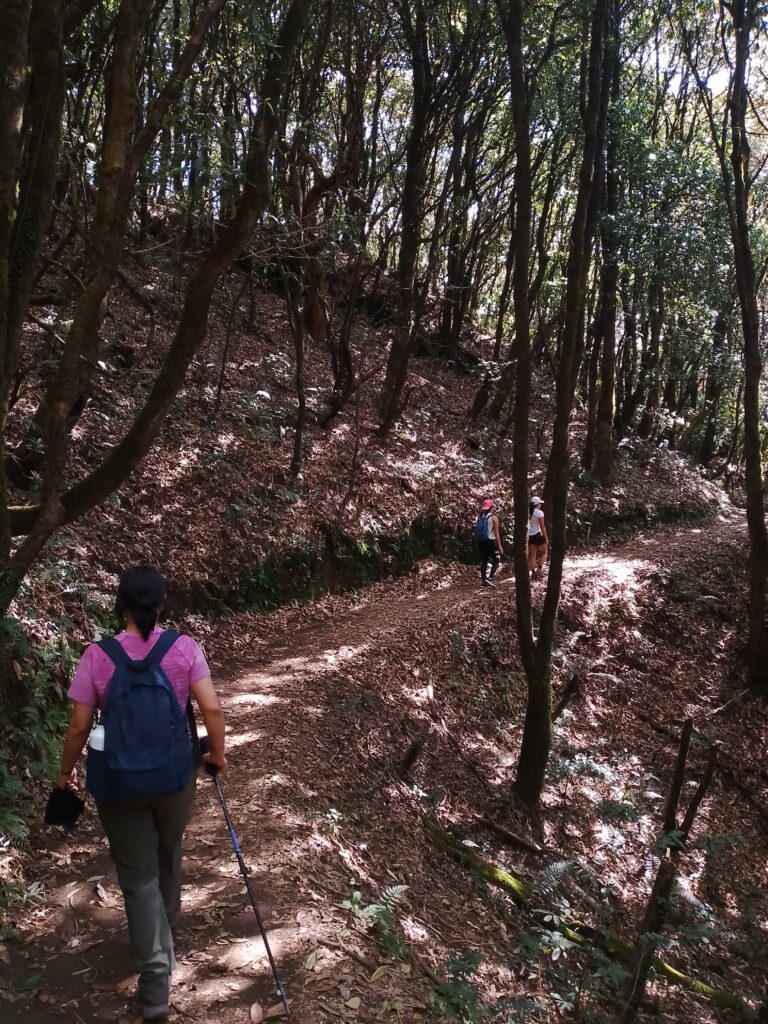
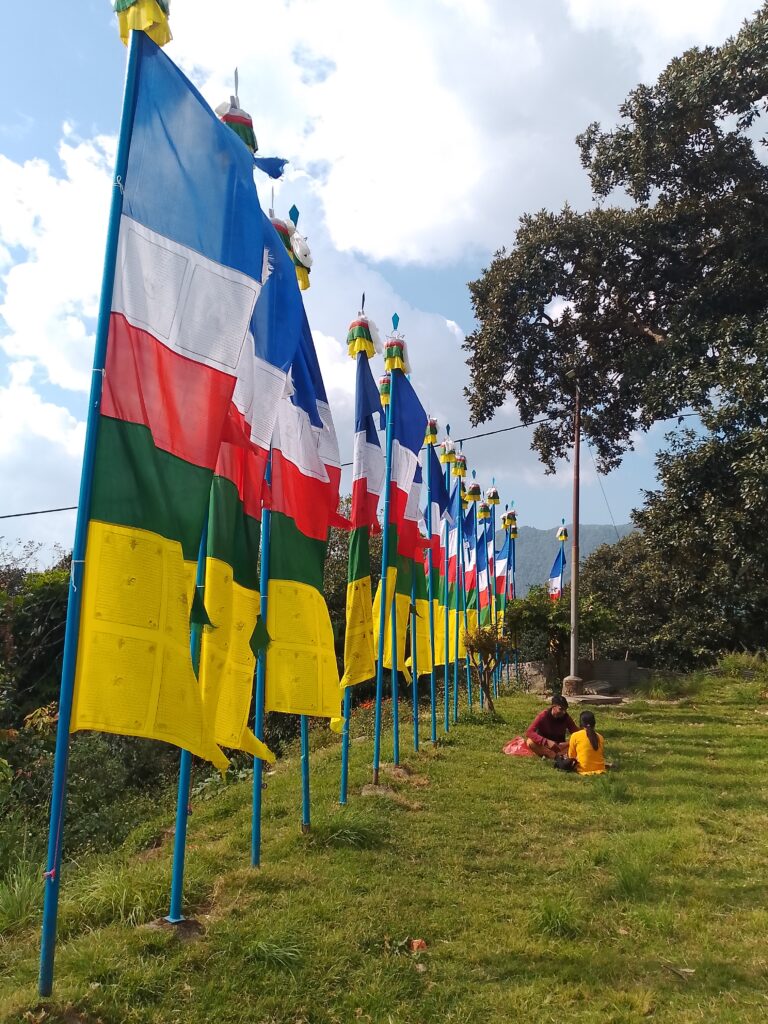
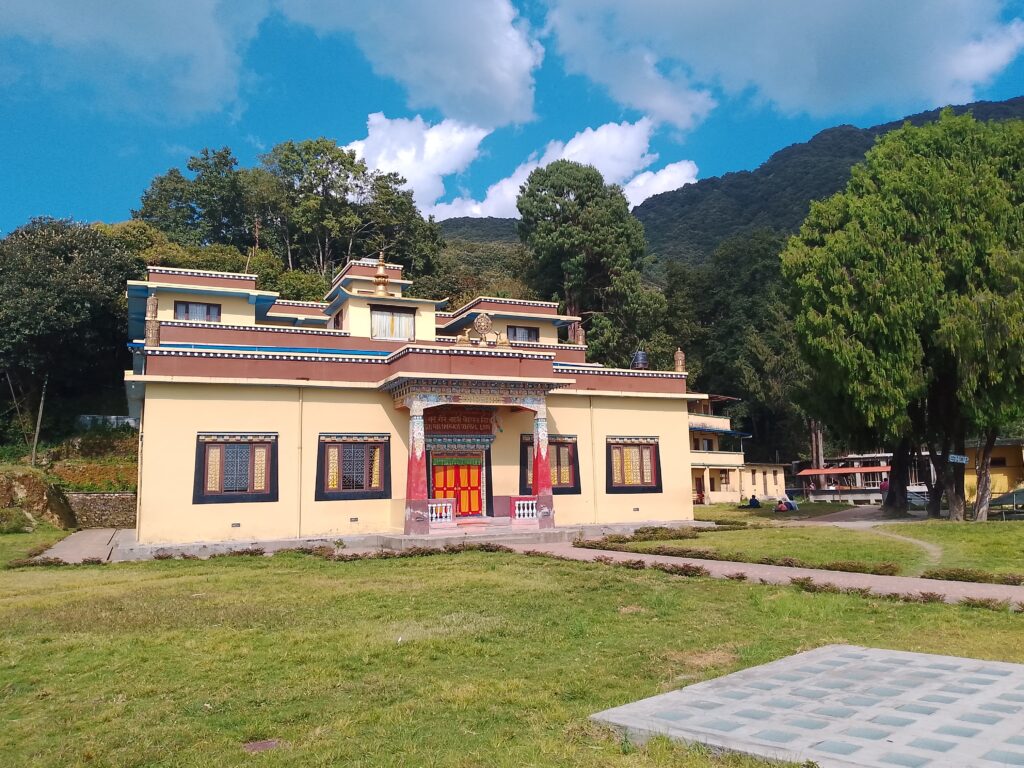
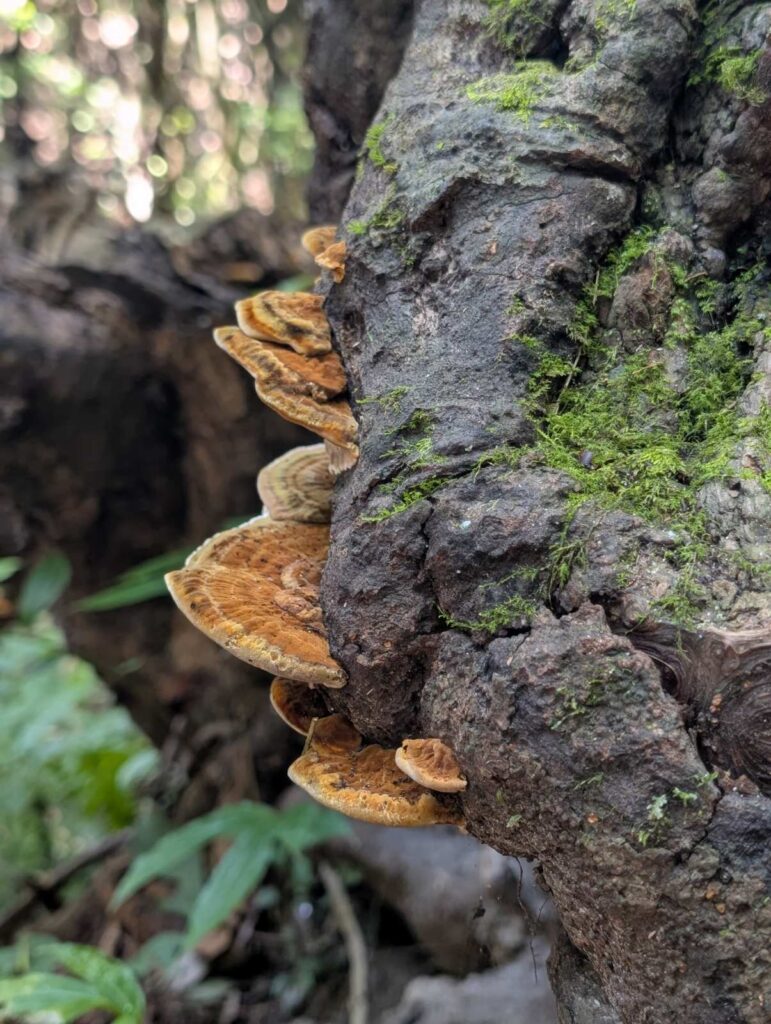
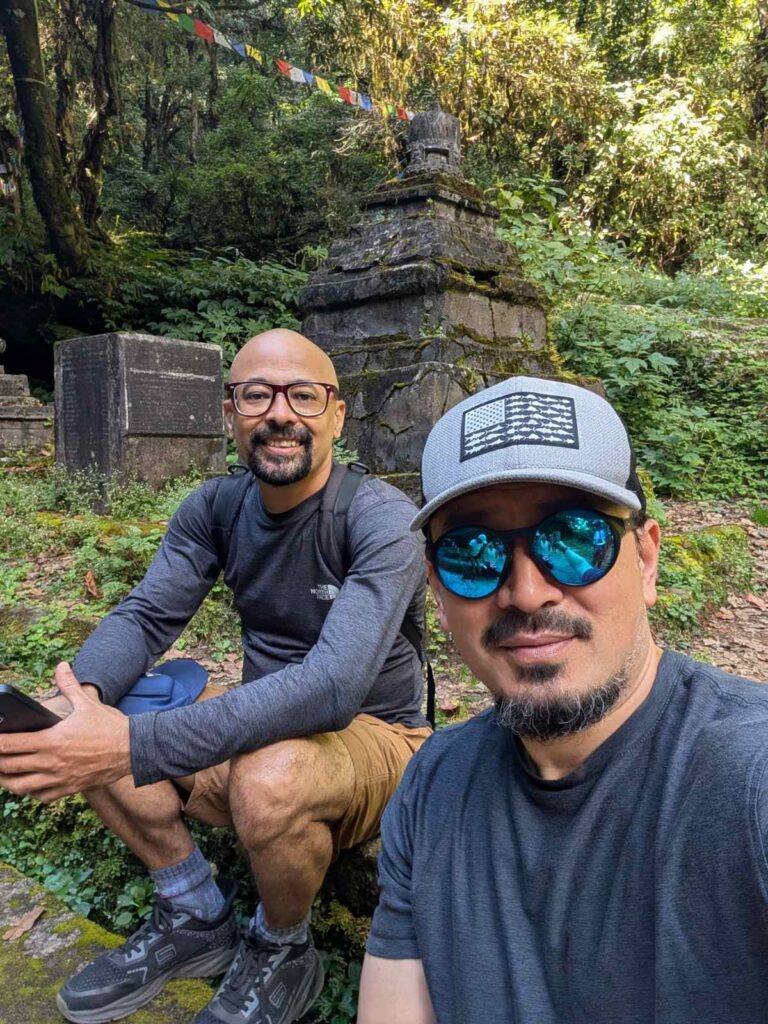
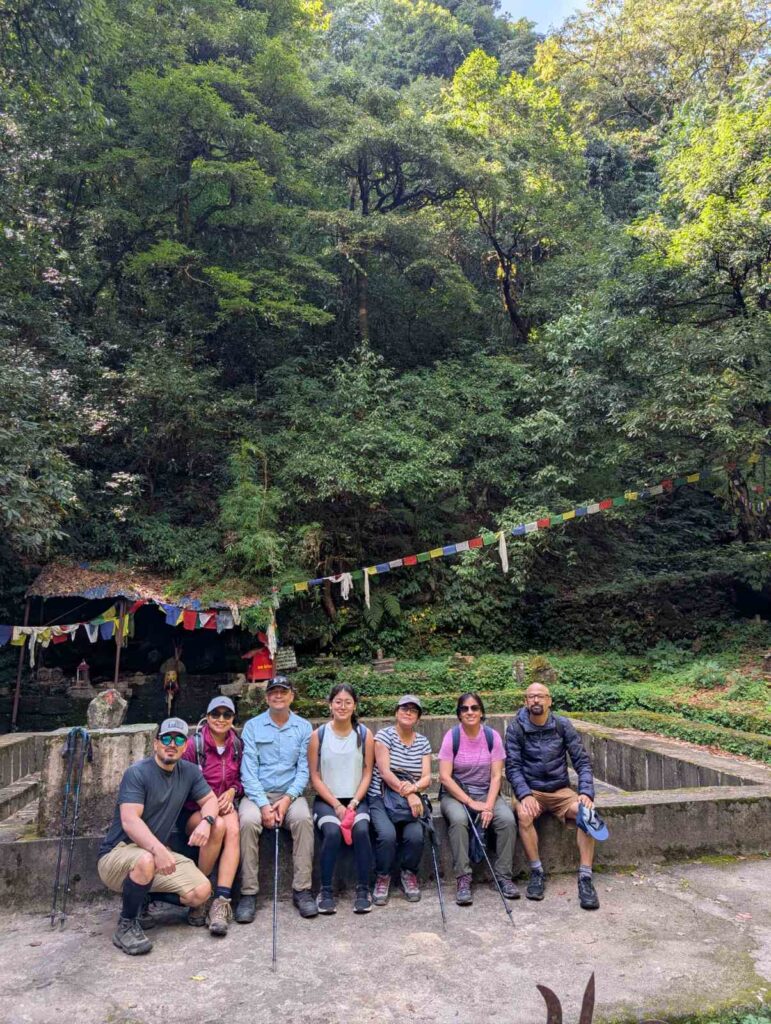
Photo Credit: Gautam & Sandhya

